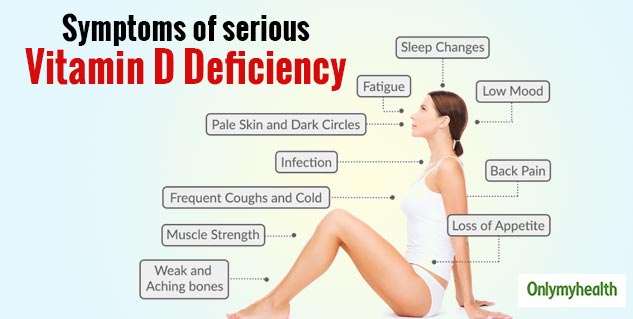
Women's hormonal health is a complex interplay of various factors, with vitamins playing a crucial role in maintaining balance and overall well-being. From regulating menstrual cycles to supporting fertility and mood stability, vitamins are essential for optimal hormonal function. In this article, we'll delve into five key vitamins vital for women's hormonal health and explore how they contribute to maintaining harmony within the body.
Table of Content:-
Essential Vitamins for Women Hormonal Health
1. Vitamin D
Often referred to as the "sunshine vitamin," Vitamin D plays a pivotal role in women's hormonal health. It regulates the production of hormones, including estrogen and progesterone, which are crucial for menstrual cycle regulation and reproductive health. Studies have also shown a correlation between Vitamin D deficiency and conditions such as polycystic ovary syndrome (PCOS) and infertility. Additionally, Vitamin D supports bone health, immune function, and mood regulation, further emphasising its importance for overall well-being.
To ensure adequate Vitamin D levels, women should aim for regular sun exposure, consume Vitamin D-rich foods such as fatty fish, fortified dairy products, and fortified cereals, and consider supplementation if deficiency is detected through blood tests.

2. Vitamin B6
Vitamin B6, also known as pyridoxine, plays a crucial role in hormonal balance by aiding in the synthesis of neurotransmitters such as serotonin and dopamine, which regulate mood and stress response. Additionally, Vitamin B6 supports the metabolism of oestrogen and progesterone, thereby contributing to menstrual cycle regulation and alleviating symptoms of premenstrual syndrome (PMS).
Foods rich in Vitamin B6 include poultry, fish, chickpeas, bananas, and spinach. Incorporating these foods into your diet can help maintain optimal Vitamin B6 levels and support women's hormonal health.
3. Vitamin E
Vitamin E is a powerful antioxidant that helps protect cells from oxidative stress and inflammation. It plays a vital role in women's hormonal health by supporting the production of hormones and promoting fertility. Vitamin E also aids in reducing symptoms associated with menopause, such as hot flashes and night sweats, by balancing hormone levels.
Food sources of Vitamin E include nuts, seeds, spinach, and fortified cereals. Incorporating these nutrient-rich foods into your diet can help ensure adequate Vitamin E intake and support hormonal balance.
4. Vitamin C
Vitamin C is well-known for its immune-boosting properties, but it also plays a significant role in women's hormonal health. As an antioxidant, Vitamin C helps neutralise free radicals and reduce oxidative stress, which can disrupt hormone balance. Additionally, Vitamin C supports adrenal gland function, which is essential for hormone production and stress response.
Citrus fruits, strawberries, bell peppers, and broccoli are excellent sources of Vitamin C. Including these foods in your diet can help support hormonal health and overall well-being.
Also Read: Constant Genital Itching Could Be A Sign of THESE Diseases: Doctor Warns

5. Vitamin B12
Vitamin B12 is essential for energy production, nervous system function, and DNA synthesis, making it crucial for women's hormonal health. Adequate Vitamin B12 levels are necessary for maintaining a healthy menstrual cycle and supporting fertility. Additionally, Vitamin B12 deficiency has been linked to symptoms such as fatigue, mood changes, and irregular menstrual cycles.
Animal products such as meat, fish, eggs, and dairy are the primary dietary sources of Vitamin B12. For vegetarians and vegans, fortified foods or supplements may be necessary to meet Vitamin B12 requirements and support hormonal balance.
Bottomline
Maintaining hormonal balance is essential for women's overall health and well-being. Vitamins play a crucial role in supporting hormone production, regulating menstrual cycles, and alleviating symptoms associated with hormonal imbalances. By incorporating Vitamin D, Vitamin B6, Vitamin E, Vitamin C, and Vitamin B12 into your diet through nutrient-rich foods and supplements when necessary, you can support optimal hormonal health and unlock a greater sense of balance and vitality in your life. As always, it's essential to consult with a healthcare professional before making any significant changes to your diet or supplementation regimen, especially if you have underlying health conditions or concerns.
Also watch this video
How we keep this article up to date:
We work with experts and keep a close eye on the latest in health and wellness. Whenever there is a new research or helpful information, we update our articles with accurate and useful advice.
Current Version